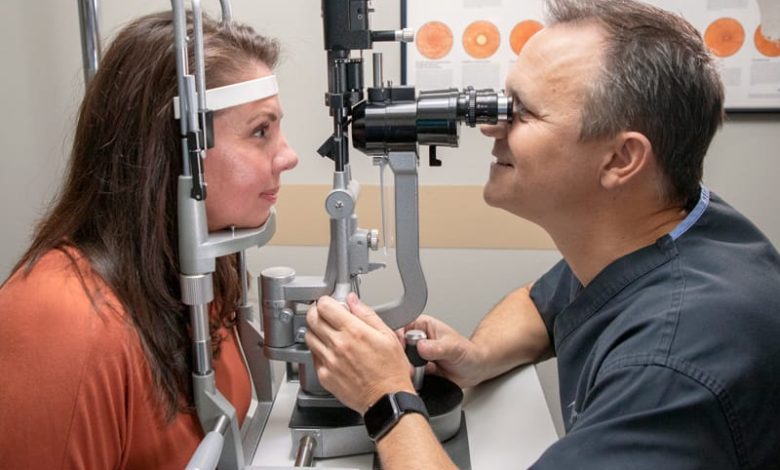The Latest Retinitis Pigmentosa Treatments: A Ray of Hope for Vision Loss

Retinitis Pigmentosa (RP) is a group of rare genetic disorders that lead to progressive vision loss. Affecting the retina, Retinitis Pigmentosa gradually diminishes the ability to see, eventually leading to blindness in many cases. For decades, there were limited options available for managing this condition, leaving many patients with little hope. However, recent advancements in medical science have sparked a new wave of optimism. The latest Retinitis Pigmentosa treatments are offering promising solutions, providing hope for those affected by this challenging condition.
Retinitis Pigmentosa
Before diving into the latest treatments, it’s important to understand what Retinitis Pigmentosa is. Retinitis Pigmentosa is characterized by the breakdown and loss of cells in the retina, which is the light-sensitive tissue at the back of the eye. This leads to symptoms such as night blindness, loss of peripheral vision, and in advanced stages, a complete loss of sight. The condition is hereditary, meaning it is passed down through families. Unfortunately, there is currently no cure for RP, but recent treatments are aiming to slow the progression of the disease and even restore some vision.
The Latest Retinitis Pigmentosa Treatments
Gene Therapy
One of the most groundbreaking advances in Retinitis Pigmentosa treatment is gene therapy. Since Retinitis Pigmentosa is often caused by specific genetic mutations, gene therapy aims to correct or replace the faulty genes responsible for the disease. The FDA-approved treatment, Luxturna, is a notable example. Luxturna targets a specific mutation in the RPE65 gene, which is responsible for a certain type of Retinitis Pigmentosa. By delivering a healthy copy of the gene directly to the retina, this therapy has shown significant improvements in vision for patients.
Retinal Implants
Retinal implants, often referred to as “bionic eyes,” are another exciting development. These devices are surgically implanted into the eye, where they work by stimulating the remaining functional retinal cells. The Argus II Retinal Prosthesis System is one such device that has been approved for use in patients with advanced RP. While these implants do not restore normal vision, they can provide patients with the ability to perceive light, shapes, and movement, greatly improving their quality of life.
Stem Cell Therapy
Stem cell therapy is a rapidly evolving field that holds great promise for treating RP. This treatment involves the use of stem cells to regenerate or replace the damaged retinal cells. Early clinical trials have shown encouraging results, with some patients experiencing partial restoration of vision. Although still in the experimental stages, stem cell therapy could potentially offer a more permanent solution for those with RP.
Optogenetics
Optogenetics is an innovative approach that combines gene therapy with light-sensitive proteins to restore vision. In this treatment, genes that code for light-sensitive proteins are introduced into the retina. These proteins then help the remaining retinal cells respond to light, effectively bypassing the damaged cells. While optogenetics is still in the early stages of development, initial studies have shown that it can restore some level of vision in patients with advanced RP.
Nutritional Supplements and Antioxidants
While not as cutting-edge as gene therapy or retinal implants, nutritional supplements and antioxidants have been shown to slow the progression of RP. Vitamin A, omega-3 fatty acids, and lutein are among the most commonly recommended supplements. These nutrients help protect the remaining healthy retinal cells and may prolong vision in some patients. However, it’s important to consult with a healthcare provider before starting any supplement regimen.
A Ray of Hope
The latest Retinitis Pigmentosa treatments offer a ray of hope for those affected by this challenging condition. While there is still no cure, the advancements in gene therapy, retinal implants, stem cell therapy, and other innovative approaches are providing new possibilities for preserving and even restoring vision. For patients and their families, these treatments represent a significant step forward, offering renewed optimism for the future.
As research continues, it is likely that even more effective treatments for Retinitis Pigmentosa will emerge, bringing us closer to the ultimate goal of a cure. For now, the progress made in recent years is a testament to the dedication and innovation of the scientific community, bringing hope to those living with Retinitis Pigmentosa.




